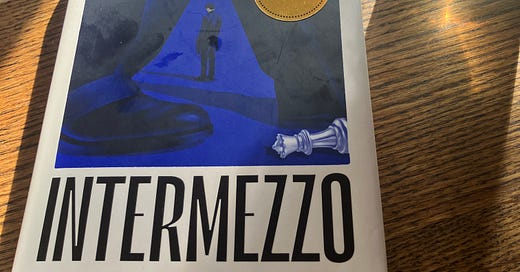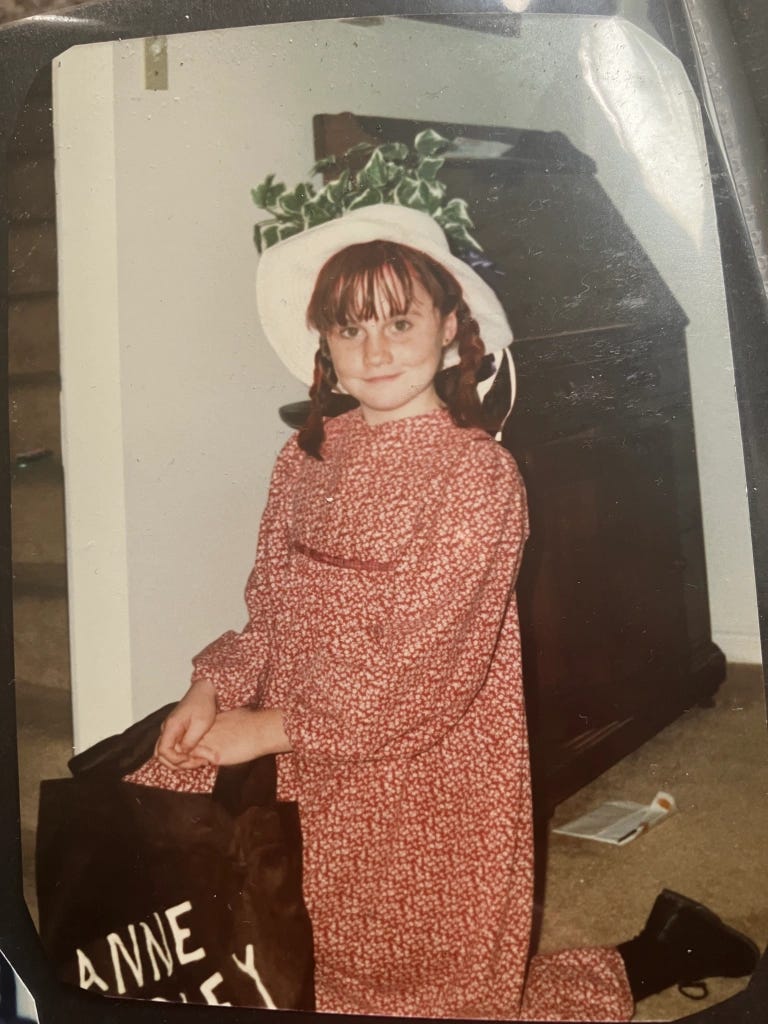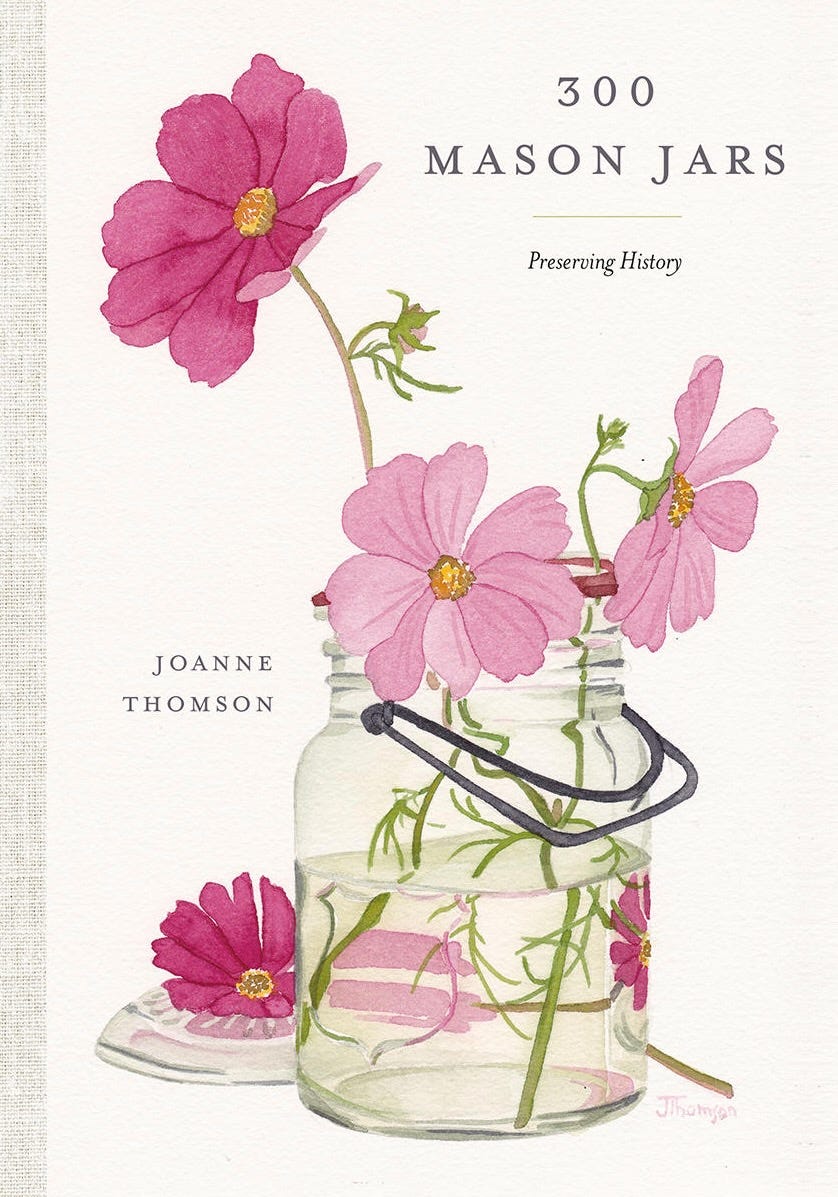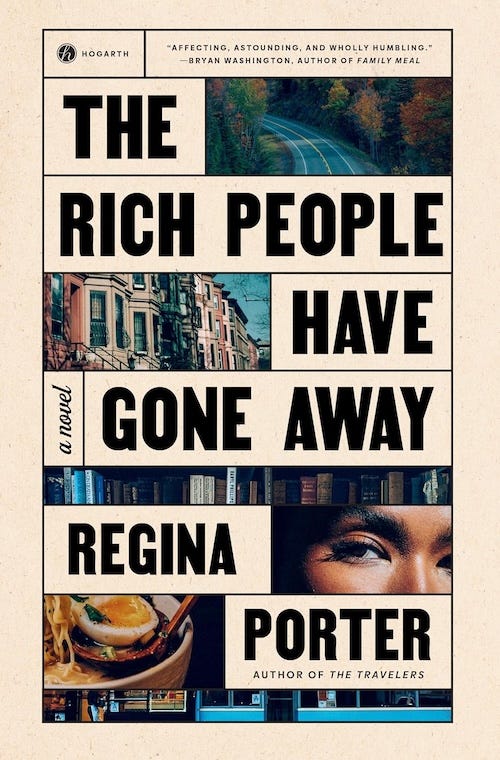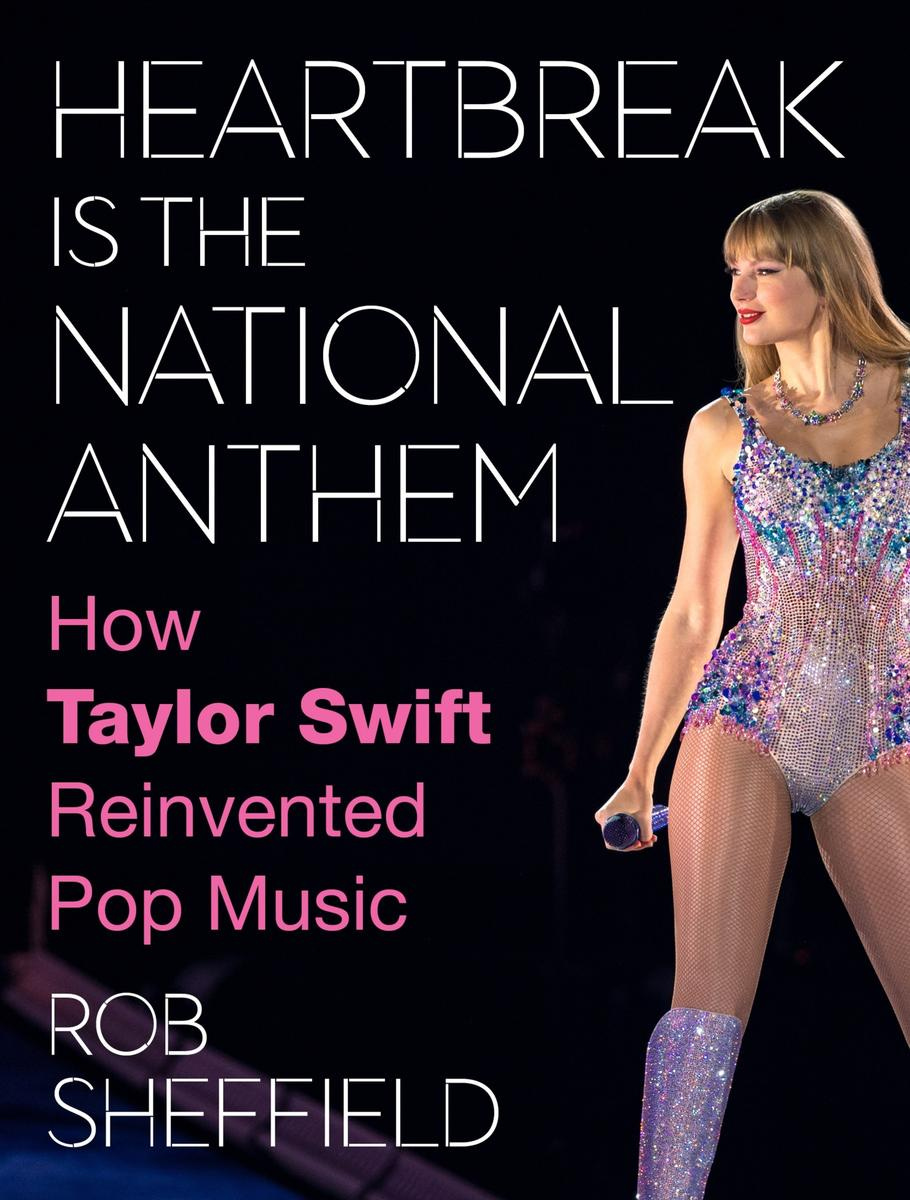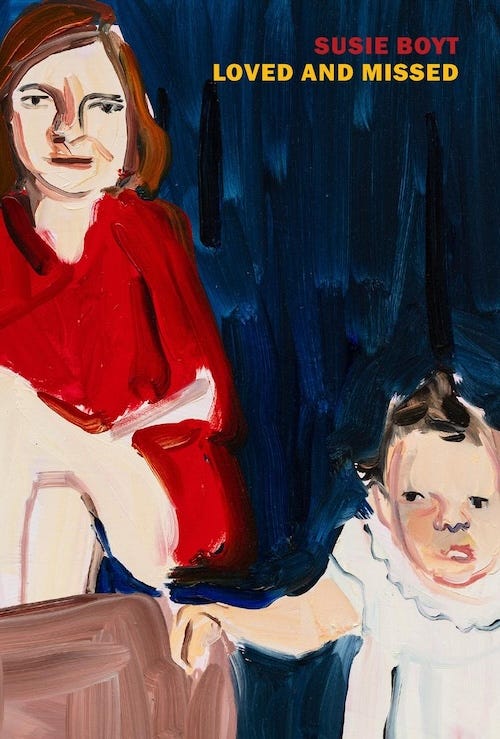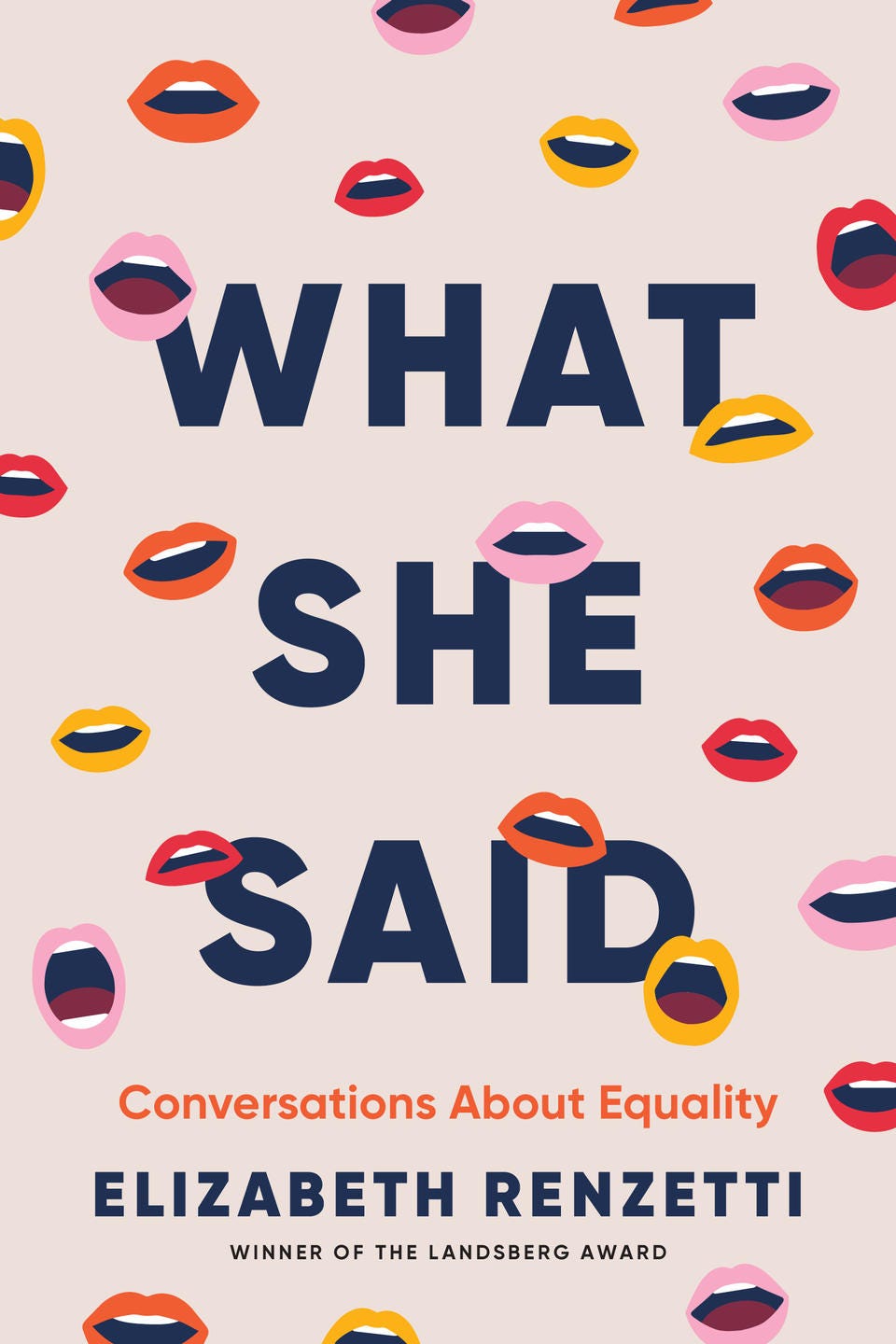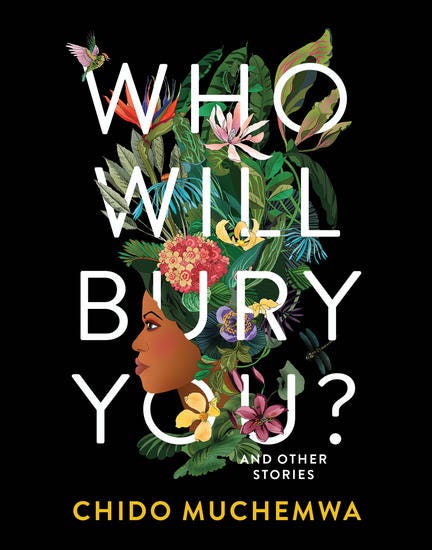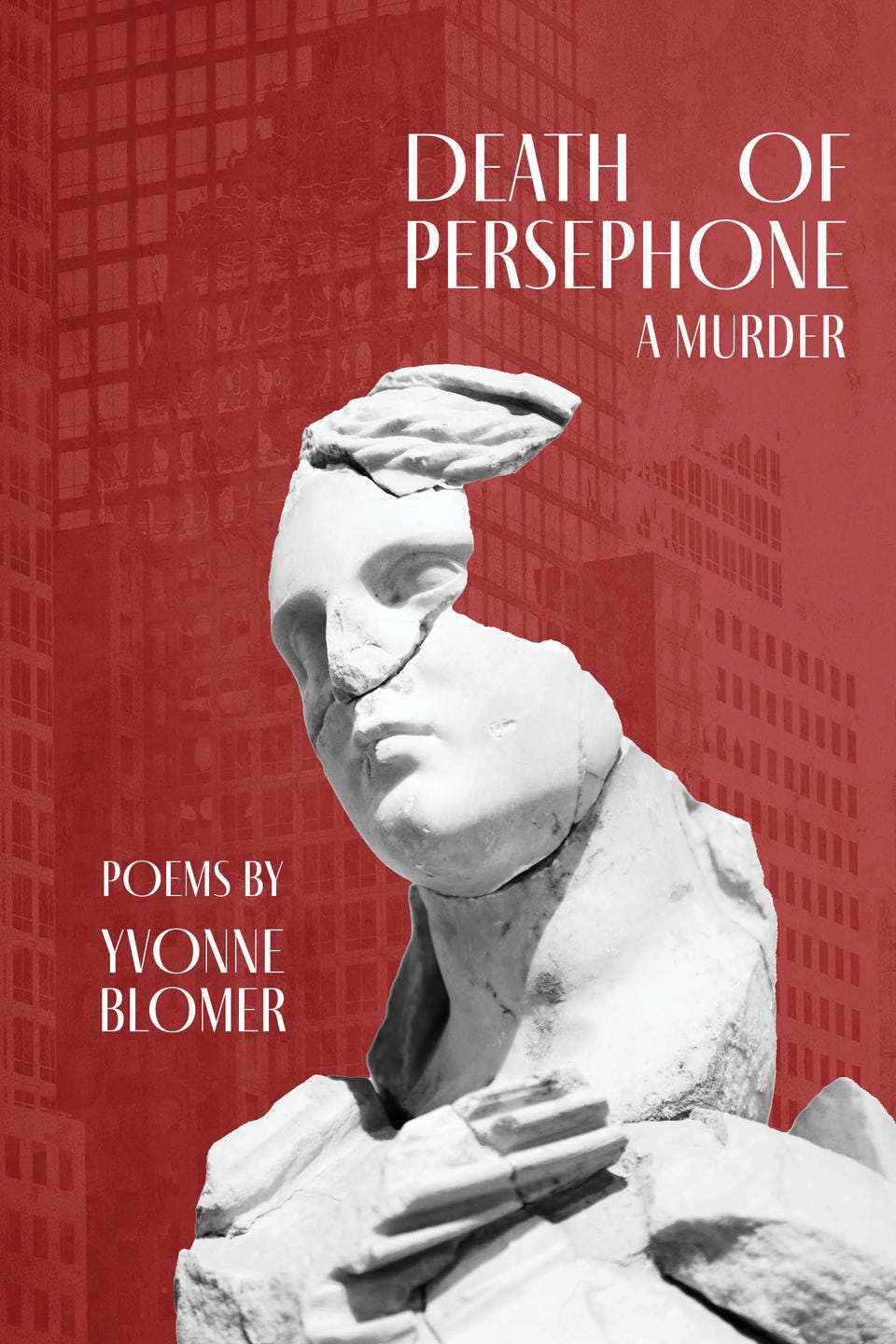Up until yesterday (when I finished reading her latest), I had no strong feelings about Sally Rooney, whose very first novel Conversations With Friends, did not live up to all the hype for me. I liked Normal People better. I really liked Beautiful World, Where Are You, though I felt that the structure was kind of off-putting, that the whole thing demanded more of its reader than it should have, though the story resonated well enough. But now, with her fourth novel, Intermezzo, a novel whose premise wasn’t immediately appealing—about two brothers, grief, and chess?—consider me completely on the bandwagon. This novel is fantastic. So full of heart, and pain, and feeling, and this is what I’ve loved about Rooney’s work, the absence of cool, ironic distance, even if the characters therein might aspire to such a thing. And in Intermezzo, these characters are Ivan and Peter, two brothers separated by a decade, and so much more besides that, as they grieve the death of their father.
Peter is is 32, a successful lawyer, who is hung up on his first love all the while having weird sex with the much younger Naomi. Ivan is 22, a chess prodigy, socially awkward, and viewed by Peter as a kind of savant, which is the kind of patronizing behaviour he’d expect from his brother. Neither man has ever learned to feel or express his feelings, about hurts and traumas past and present, and while Peter seems from the outside like the brother who has it all together, his narrative reveals that he’s coming apart, expressed in stilted, broken sentences, everything in pieces. Whereas Ivan, the one who wears his awkwardness on his sleeve, comes across more completely on the page, his acute observations and real questioning showing that he’s moved away from the black-pilled quasi-incel ideology he was absorbing from the internet as a teen (about which he’d engage in debate with his older brother, who found these views egregious).
At a chess tournement at a rural community centre, Ivan meets Margaret, 36, in the midst of a divorce, both of them grasping at an escape out of loneliness, and they find each other, an unlikely match that seems inexplicable, and yet Rooney makes quite clear what they’re each getting from the arrangement (beyond the obviously sexual parts). When Peter, whose personal life is imploding, learns about this relationship, however, his response is cruel and callous and Ivan blocks his number, their relationship seemingly intractable.
At a moment when there’s a lot of discourse around how the men are doing (not well!), Intermezzo seems especially relevant, a really powerful exploration of masculinity and care, of brotherhood and manhood, such a nuanced portrayal of missed connections and alienation, pain and yearning—and the ways in which women are expected to, and so often do, step into the void.
Intermezzo is one of the most moving and beautiful novels I’ve read in 2024.
The Making of a Story Girl
‘…But it’s not for nothing, I think, that Mrs. Rachel Lynde is the beginning of everything, her very name the opening words of Montgomery’s very first book, and the world begins to be built from her point of view, most literally:
. . . for not even a brook could run past Mrs. Rachel Lynde’s door without due regard for decency and decorum; it probably was conscious that Mrs. Rachel was sitting at her window, keeping a sharp eye on everything that passed, from brooks and children up, and that if she noticed anything odd or out of place, she would never rest until she had ferreted out the whys and wherefores thereof. (Chapter 1)
Rachel Lynde’s kind of discovery is not necessarily malicious, instead sometimes the result of a desire to really understand the world and its workings. This is not the stuff of gossip, instead this is data…’ Read the rest here
Thanks to Sarah Emsley for letting me be part of the LM Montgomery at 150 celebration on your blog, giving me the opportunity to talk about how Montgomery’s characters taught me how to own my voice and use my voice, making me into a story girl.
Beautiful Book on Blast
It’s curious that 300 Mason Jars is such a personal book, inspired by the author’s history, because it also feels like a book that was created just for me, the cosmos in a jar on the cover as familiar as the one on my kitchen table, but it’s the ordinariness of this image, and of the other quotidian objects preserved in the paintings on its pages—crochet hooks, sugar tongs, a pair of scissors, a yellow pencil, along with many plants and flowers—that has this effect… (Read the rest)
Check out images from this gorgeous book from this excerpt at 49thShelf!
Recently Read Raves
Nothing is what it seems in THE RICH PEOPLE HAVE GONE AWAY, set in March 2020 as the world has shut down, neither Mr. Harper himself, who is Theo, presumed suspicious when his young pregnant (white) wife Darla (a bassoonist) disappears on a hike near their cottage in upstate New York, nor the teen in the Cardi B t-shirt who seems to be loitering in Theo’s Park Slope building, nor Darla herself with her secret skills in hotwiring vehicles, or her father, who perished on 9/11. (Read the rest)
SENSESCENCE: A YEAR IN THE CANADIAN ROCKIES, by Amal Alhomsi, is as much about a year in the Canadian Rockies as Annie Dillard’s first book was about a creek, which is to say that it is about that, but it’s also about everything, about seeing, and being, and (dis)connection to nature… (Read the rest)
Louise Ells has become a friend since we “met” in 2019, after I read her story collection NOTES TOWARDS RECOVERY, and so it’s a real delight to be able to pick up her new book, the novel LIES I TOLD MY SISTER. The entire novel takes place over the night protagonist Lily spends with her younger sister Rose in a hospital emergency room after Rose’s husband is in a catastrophic car accident, the hours and the tension finally bringing to the surface years of secrets, resentments, and unspoken things. (Read the rest)
The first time I heard Taylor Swift, it was 2009 and I was driving a rental van to The Junction to pick up a secondhand (recalled) drop-side crib I’d bought off Craigslist for my six-week-old baby, and “Love Story” came on the radio, and I just loved it (that bridge! That key change! How it recalls Katie and Tommy on the old porch watching the chickens peck the ground!). (Read the rest)
I knew nothing about Susie Boyt or this novel going in, except LOVED AND MISSED had been recommended by a writer friend who said I’m enjoy it, and it was unusual for me to start reading a text this way, just me and the very first line, that first paragraph. But I was hooked, by this spare and pointed narrative voice, by Ruth, whose adult daughter Eleanor is an addict, and the novel profiles their engagement, the eggshells upon which Ruth has to walk in order to have access to her daughter, the bright face she puts on, not a single word that might ruffle or offend, and the reader has to go between the lines a bit to understand what the story is, because Ruth is careful, reticent. (Read the rest)
It makes no sense, but the gift of WHAT SHE SAID is that Renzetti connects the dots enough that it almost does, and the reader can breathe a sigh of relief: it’s not just you, and it’s not just me, it’s the patriarchy (and it’s all around the world). (Read the rest)
“Who will bury you?” demands Timo’s mother, the question woven throughout the story “This Will Break Your Mother’s Heart,” Timo “a late leaver, a decade behind all my friends who left straight after high school for the US, the UK, Australia, anywhere they’d have a better chance of thriving.” The story focusses on the distance between Zimbabwean Timo’s experiences in Toronto, the beginning of her first same-sex relationship, and Timo’s mother’s expectations of her daughter, conveyed mostly through stories of women at her church. “Don’t you think it’s time you started thinking about marriage, Timo? If you wait too long, who will bury you?” (Read the rest)
I walked home reading this book on Saturday evening, the setting sun turning the tall buildings east of us golden, and it felt like the book was casting a spell. I was a woman walking in the city reading a book about women walking in the city, a riff on the myth of Persephone told through poetry structured as a detective story, and this book was doing it all, the plot, the language, the allusions, the truth of it… (Read the rest)
Three Manuscript Consultation Spots Left for 2025!
March, July, and October are wide open. Sign up today!
“Kerry Clare brought her talents as an editor, reader and best-selling author to bear on my manuscript. Her extensive comments revealed the strengths and weaknesses in my plot, characterization and dramatic tension, and she provided concrete suggestions on how to make improvements. I would highly recommend her.” —JC (Learn more!)

